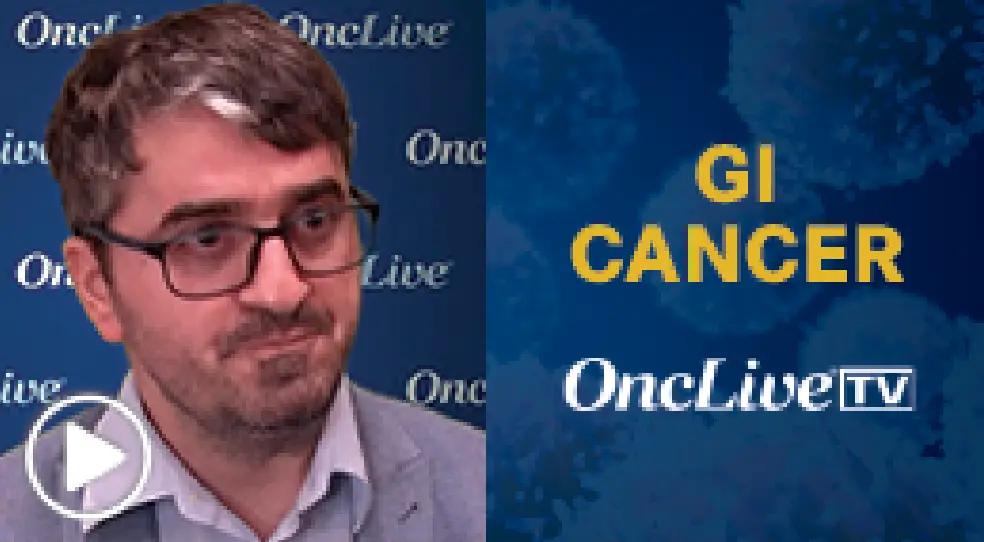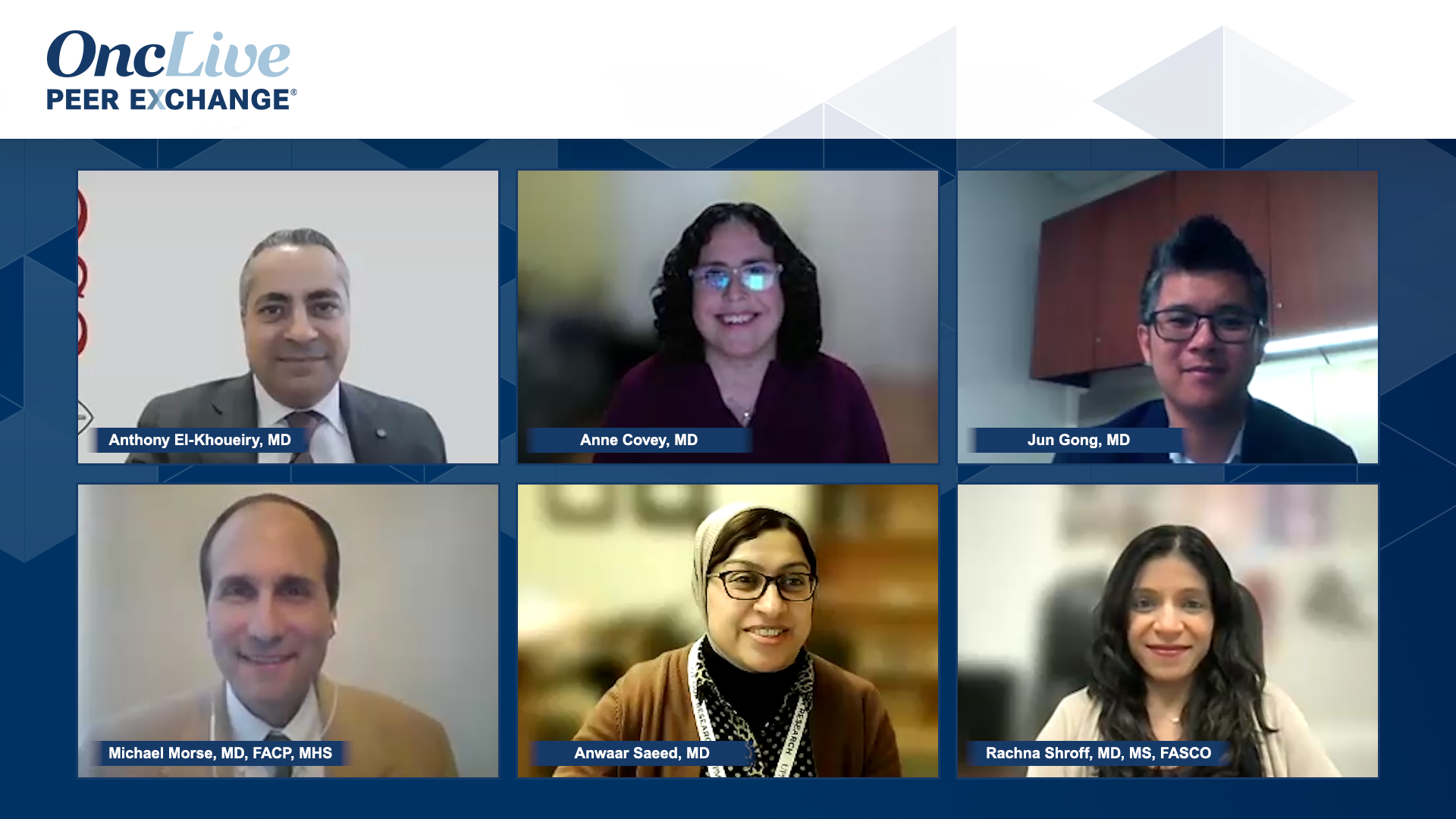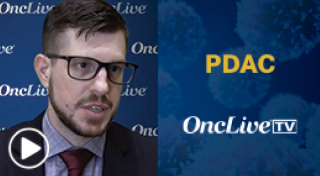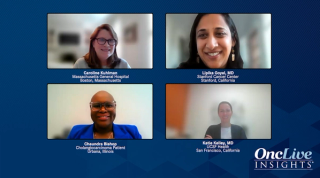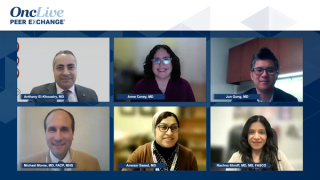
Gastrointestinal Cancer
Latest News
Latest Videos

CME Content
More News
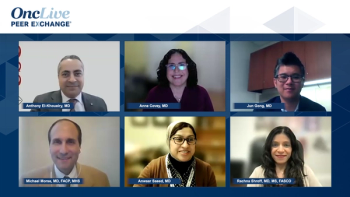
The impact of compounding liver-directed and systemic therapies in HCC management is discussed by Drs Morse and Covey.

Cadonilimab plus oxaliplatin and capecitabine leads to survival benefit in gastric/GEJ adenocarcinoma, regardless of PD-L1 expression.

Michael Iglesia, MD, PhD, discusses the effects of the phase 3 CELESTIAL trial on treatment sequencing strategies in advanced hepatocellular carcinoma.

Manish A. Shah, MD, discusses 5-year outcomes from the KEYNOTE-590 trial of frontline pembrolizumab plus chemotherapy in patients with esophageal cancer.

Positive phase 2 findings for CAN-2409 plus valacyclovir in pancreatic ductal adenocarcinoma have been reported.

A rolling BLA for zanidatamab in previously treated, HER2-positive, advanced biliary tract cancer has been submitted to the FDA.

Katrina S. Pedersen, MD, MS, discusses the evolution of the role of immunotherapy in the treatment of patients with hepatocellular carcinoma.

Real-world evidence (RWE) provides critical knowledge for providers constructing a treatment regimen for patients diagnosed with hepatocellular carcinoma.

Efrat Dotan, MD, discusses a retrospective study aiming to understand the needs of geriatric patients with gastroesophageal cancer.
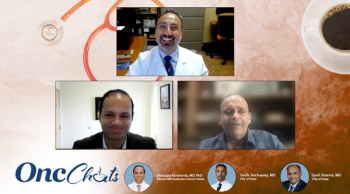
In this episode of OncChats: Leveraging Immunotherapy in GI Malignancies, experts discuss next steps for research, including vaccination strategies, personalized cellular therapies, and more.
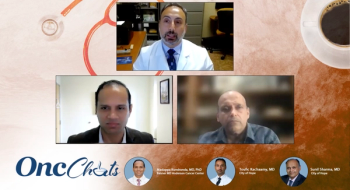
In this episode of OncChats: Leveraging Immunotherapy in GI Malignancies, experts discuss research efforts being made with organoids to address existing questions with immunotherapy and the exploration of multimodality approaches to improve outcomes.
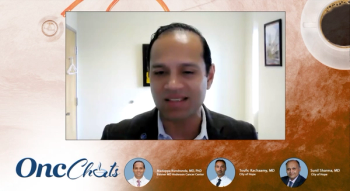
In this episode of OncChats: Leveraging Immunotherapy in GI Malignancies, experts discuss the potential benefits of utilizing immunotherapy approaches earlier on in the disease course.
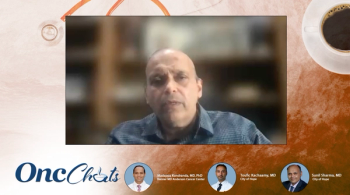
In this episode of OncChats: Leveraging Immunotherapy in GI Malignancies, experts explain the challenges faced with preventing or detecting these cancers early and the understanding needed to develop effective early detection methods and move the needle forward.
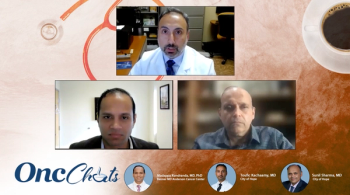
In this episode of OncChats: Leveraging Immunotherapy in GI Malignancies, experts discuss the potential for early detection multiomic assays and the work that still needs to be done to encourage their widespread use.
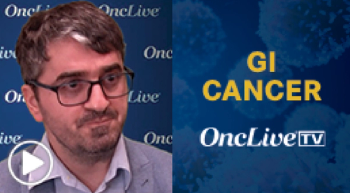
Ilyas Sahin, MD, discusses the potential utility of Northstar Response assay in patients with advanced gastrointestinal cancer.

Pierre Gholam, MD, discusses primary considerations for the first-line treatment of patients with advanced, unresectable HCC.

The Japanese Ministry of Health, Labour and Welfare has approved zolbetuximab for CLDN18.2-positive, unresectable, advanced or recurrent gastric cancer.

Dr Gong breaks down the structure and key takeaways from the IMBrave150 study.

Anwaar Saeed, MD, provides comprehensive insight into the HCC treatment selection process.

PT886 has been granted fast track designation for use as a potential therapeutic option in patients with metastatic claudin 18.2–positive pancreatic adenocarcinoma.

The FDA has approved safety label changes for fluorouracil products to include information regarding the agent’s use in patients with DPD.

Improved overall survival was achieved with nivolumab plus ipilimumab vs standard-of-care TKIs in patients with advanced hepatocellular carcinoma.

A comprehensive discussion of the HIMALAYA study, evaluating the STRIDE regimen of durvalumab plus tremelimumab in first-line treatment for advanced HCC.

Medical experts provide insight into managing treatment of advanced HCC through the lens of a patient profile.

A post-hoc analysis showed dose escalation of radiation therapy was safe and elicited similar efficacy in intrahepatic cholangiocarcinoma.



